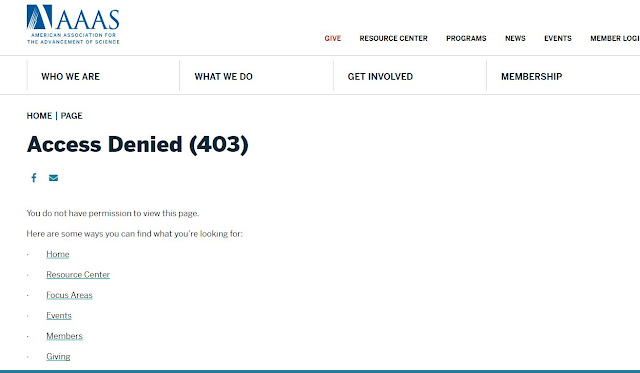Blog Post from September 6, 2015
In light of recent events, I decided to visit my blog from September 6, 2015, the day that Eric Lipton's article was published. Here it is again for you to compare and contrast against claims made by Lipton and others. That is all. 1. What is your relationship with Monsanto? I have no formal relationship with the company. Friends, former students, colleagues from previous jobs work there. They once made a relatively small donation to my university to cover travel/production costs of my science communication program in August of 2014. The entire original amount was reallocated to a campus charity. Monsanto does not fund my research and never has. I have spoken at the company twice about science communication and enjoyed collegial hospitality. As is clear by emails, I'm glad to share thoughts and opinions with them on science communication. I hold no formal capacity in this regard. I do this with any company and show no special favor to Monsa...


